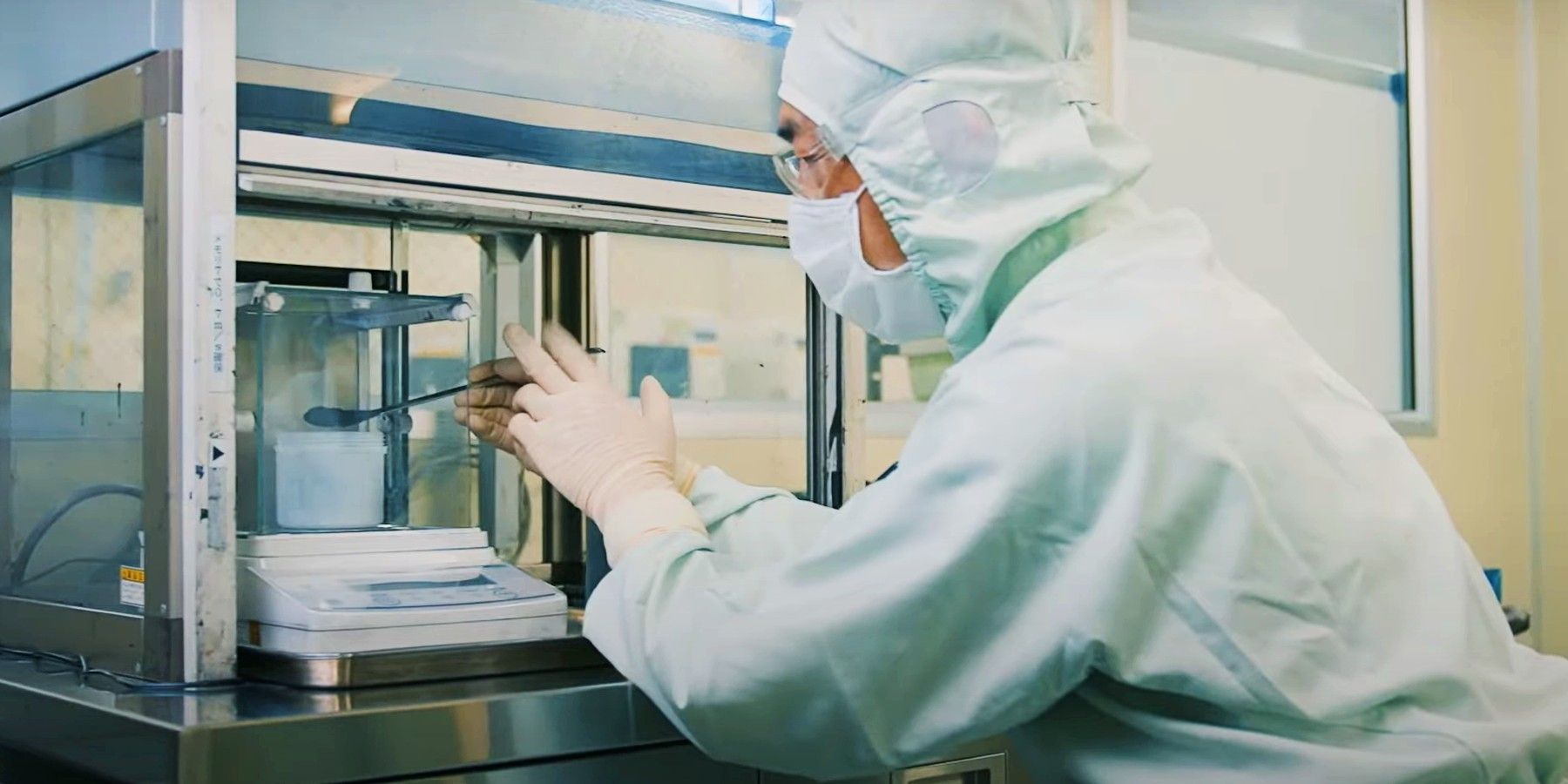Nissan announced they are working with NASA on a new type of electric vehicle battery that will charge in 15 minutes. Solid-state batteries are not new. They have been around for years. However, finding the right elements to make them work has slowed down their development. Lithium-ion batteries, unlike solid batteries, require liquid electrolytic solutions.
Lithium-ion batteries are widespread. They are used in EVs, laptops, smartphones, tablets and all types of devices. But solid batteries are smaller, have significantly better cycles and performance, deliver more energy, are safer, won’t catch fire or explode, and charge much faster. The problem? No one has figured out how to manufacture them at low costs on big scales.
AP reports that Nissan is working with NASA to create a new type of solid battery that will change the EV market. Nissan promised their battery would charge in just 15 minutes, be lighter, and safer. The company says the solid battery will replace lithium-ion batteries in 2028, with a pilot program launching in 2024. Nissan’s global press revealed that the company has already built the first production facility to manufacture the revolutionary battery.
Finding The Right Combination

According to the company, the new battery will not only be a breakthrough for EVs and relieve the sector from its problems with lithium. It could transform all technology devices and even be safe to use in pacemakers. Regarding size, the battery will have half the size of lithium batteries and cut charging speeds to just minutes. To find the suitable materials for the battery, Nissan has a dedicated team of scientists testing out different combinations. One of the main goals is to avoid using expensive materials like lithium or rare metals.
Another goal is to make the battery cheaper than lithium batteries. This can be accomplished if they find the right combination of affordable and common materials to power the battery. Building an EV is more costly than building a gas car, and large lithium batteries used today take up a significant percentage of those costs. Cheap but high-performance solid batteries could make prices drop, giving Nissan a competitive advantage. Naturally, they are not the only company out to get the tech first.
Nissan’s Corporate Vice President Kazuhiro Doi told reporters that NASA is involved in the research because “both NASA and Nissan need the same kind of battery.” But the list of interested parties does not end there. Toyota, Ford, GM, VW, and other auto companies are also investing in solid-battery research and development. At the Nissan Research Center in Japan, scientists in the lab study how different materials behave at the molecular level. It could be just a matter of time until they find the right combination.




